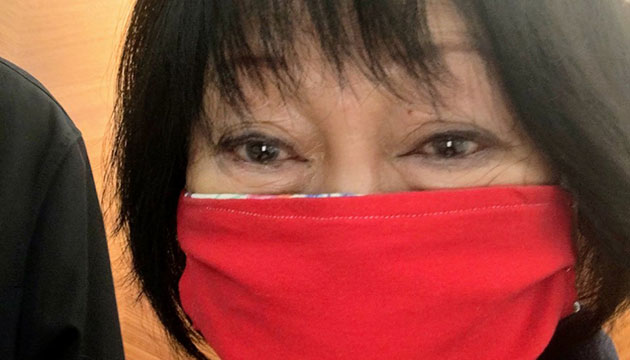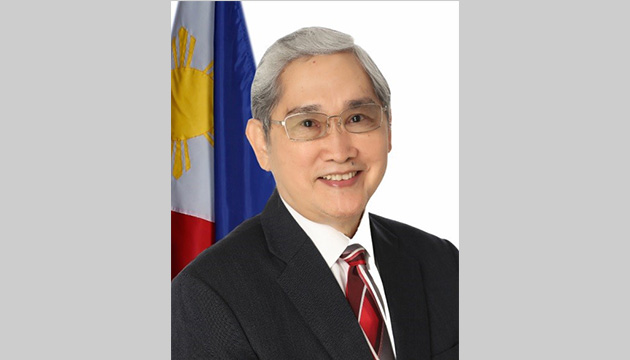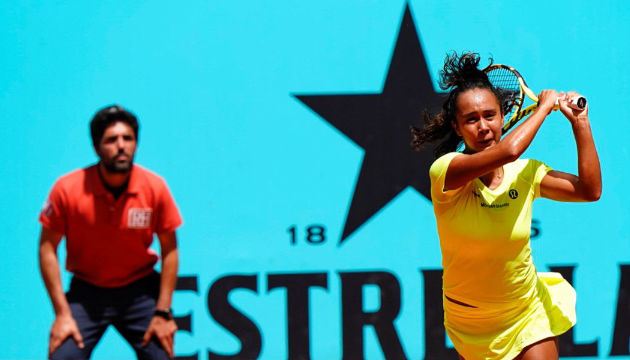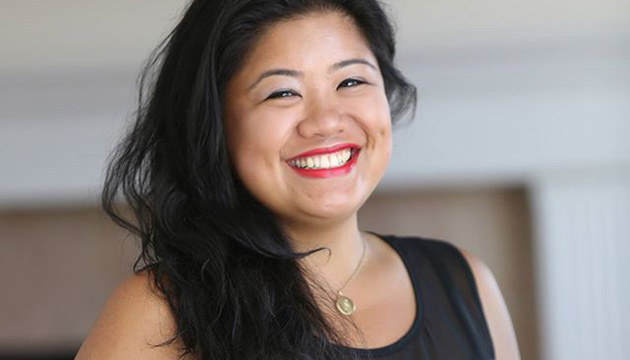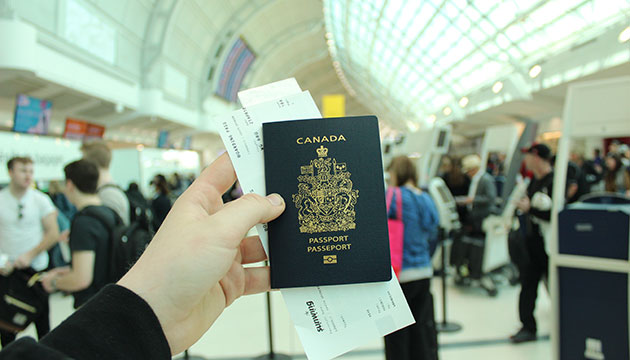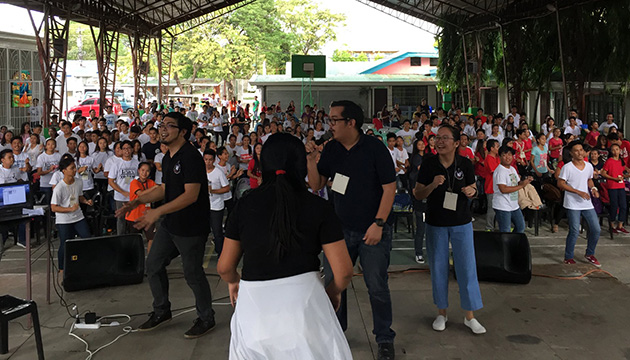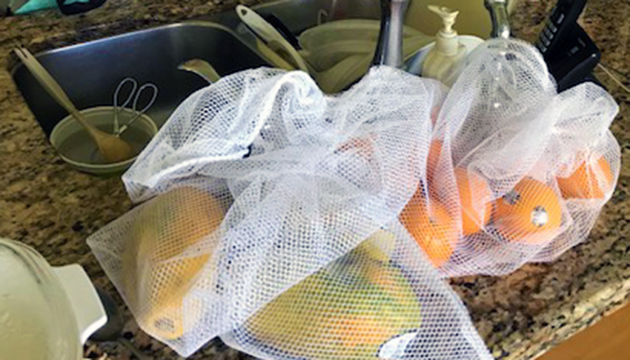Featured elsewhere in this issue are the Editor’s takeaways from the written interview he conducted with University of British Columbia alumna and Asia Pacific Foundation research specialist Canadian Filipino Phebe Ferrer, a valued member of our community.
At once the feature article engenders a sense of caring for each other. It gives one a sense of self and of others; a sense of our varied identities as a people; a feeling of kinship and solidarity among us in the Filipino diaspora and beyond with our indigenous brothers and sisters; and a realization not to homogenize ourselves and be too restrictive with our definition of our own ethnocultural identity. To move away from “the singular focus on Filipino or Tagalog as the language and, instead, embrace our rich language diversity in defining our shared identity as Canadian Filipinos. Most certainly, it would foster intracultural understanding among the Filipino diaspora and help promote intercultural understanding within the Canadian multicultural society.
With these insights in mind, Canadian Filipino Net now shares with our readers the 12 pearls of wisdom we have distilled from what Ferrer says and what she with Justinne Ramirez and others on the organizing team have portrayed in the cultural show, Halina! Kadto kamo! Sung na! - Celebrating Our Languages. Indeed, they are worth remembering in Ferrer’s quotable words, viz:
- Language diversity heard is a joy to behold in anyone’s vicinity and Filipino home: “I love little moments when I see my grandparents making tsismis in Ilocano or Bisaya, or watch my Lolo's face light up when he starts speaking in Bisaya when visiting Davao City or someone in Manila;
- Language diversity is a pillar of enlightened Filipino culture, family and identity: “I believe that to celebrate the many languages in the Philippines is also to celebrate our families, kin, and ancestors, and the cultures they knew or grew up in (and) to avoid homogenizing ourselves and being too rigid with our definitions of identity, especially when living in Canada;
- Language diversity is a foundation for a sense of self: “My experience of growing up in various places has really made me reflect on how speaking Tagalog and being Pinay are foundational to my sense of self;
- Language diversity is a reflection of Filipino resilience and indomitability in the face of adversity: “We believe it is crucial to honour the diversity of languages that continue to be alive and spoken in spite of our history of colonization;
- Language diversity is a reminder to a nation’s caring conscience: “That we reflect on and mourn the loss of many languages and their communicators, as Indigenous and other ethnic groups continue to be displaced and neglected in the Philippines;
- Language diversity is a call to grateful acknowledgement and solidarity: “That as settlers on Indigenous lands, we are in solidarity with Indigenous communities in their journey towards decolonization;
- Language diversity is a portrayal of the Filipinos’ vibrant cultural pluralism: “Staying connected to the languages of our families, kin, and ancestors is a big privilege, and is also a vital part of our varied identities as people from the Philippines;
- Language diversity is a shared duty of shared citizenship towards equality: “As Pinxy/ay/oy, we share this journey with Indigenous folks here in reclaiming our languages and cultures, decolonizing, and straying away from white supremacy;”
- Language diversity is a creative call to inclusiveness and wholesomeness: In hosting ‘Halina! Kadto kamo! Sung na!’ we “agree that it’s important to celebrate the Philippine national language (even as we) also wanted to “move away from the sole focus on Filipino and celebrate the many languages that exist and are widely spoken in the Philippines;
- Language diversity is an opportunity for self-expression: “We expect folks to share pieces in a wide range of languages, including Tagalog, Pangasinan, Cebuano, and Kapampangan;
- Language diversity is a composite portrait of our rich Filipino heritage: “We also want to introduce fellow Pinxy/a/o folks to languages they may not have heard before from the Philippines and move away from the singular focus on Filipino or Tagalog in defining our identities as “Pinxy/a/o; and
- Language diversity is the highlight itself of Filipino identity: (Organizers want to) “create a space to speak, sing, and celebrate in our many different languages, and highlight the linguistic diversity of peoples from the Philippines.”




